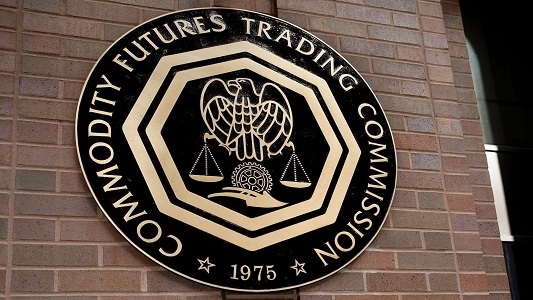ICE Clear Singapore readies for remote clearing

ICE Clear Singapore is amending its rulebook in preparation for long-awaited changes to remote clearing rules in the region.
Three years after a consultation, the Monetary Authority of Singapore (MAS) confirmed its plans to introduce a licencing exemption for overseas members that clear futures contracts during the second half of 2018.
The exemption will also apply to remote clearing members that clear over-the-counter contracts from the same period, following a consultation last year.
In response to MAS’ requirement that all approved clearing houses should have in place a framework to admit remote members, ICE Clear Singapore has proposed a rule change that removes the obligation for a clearing member to be incorporated or established in Singapore, have a branch in Singapore or hold a Capital Market Services (CMS) licence.
The remote clearing licencing exemption is set to open the door for ICE Clear Singapore to expand its clearing member base, which after launching three years ago includes four Singapore-based clearing members: KGI Ong Capital, Phillip Futures, UOB Bullion and Futures, and JP Morgan Securities Singapore.
The exchange giant’s Singapore entity also has six sub-clearers based outside of the region.
In a MAS report published amid discussions three years ago, the regulator suggested that the exemption could be a stepping stone to setting up business in the region.
“If the business of a remote clearing member on a Singapore-based CCP reaches a substantial volume, the remote clearing member should consider setting up a presence in Singapore to support its business growth," the regulator wrote.
MAS is also introducing changes to the Securities and Futures Act which mandates clearing for certain OTC derivatives from October 1 this year.
Meanwhile Singapore Exchange's (SGX) clearing arm Singapore Exchange Derivatives Clearing (SGX-DC) has 24 clearing members based in the region (while SGX-DC OTC Financial Derivatives Clearing has 11 members), and has made efforts over the past year to align its rules with global practices.
For example SGX is set to introduce a T+2 settlement cycle to its securities trading arm, enhance the derivatives clearing fund to better reflect the risks that each clearing member poses to it, and revise its default management procedures to address the risks, credit losses or liquidity shortfalls that could occur as a result of a clearing member default.
Found this useful?
Take a complimentary trial of the FOW Marketing Intelligence Platform – the comprehensive source of news and analysis across the buy- and sell- side.
Gain access to:
- A single source of in-depth news, insight and analysis across Asset Management, Securities Finance, Custody, Fund Services and Derivatives
- Our interactive database, optimized to enable you to summarise data and build graphs outlining market activity
- Exclusive whitepapers, supplements and industry analysis curated and published by Futures & Options World
- Breaking news, daily and weekly alerts on the markets most relevant to you



